|
Data deficient (DD)
Neptis rivularis / Hungarian Glider
Avioni i hungarez
Nymphalidae - Limenitidinae
Neptis rivularis (Scopoli, 1763). TL: Slovenia.
 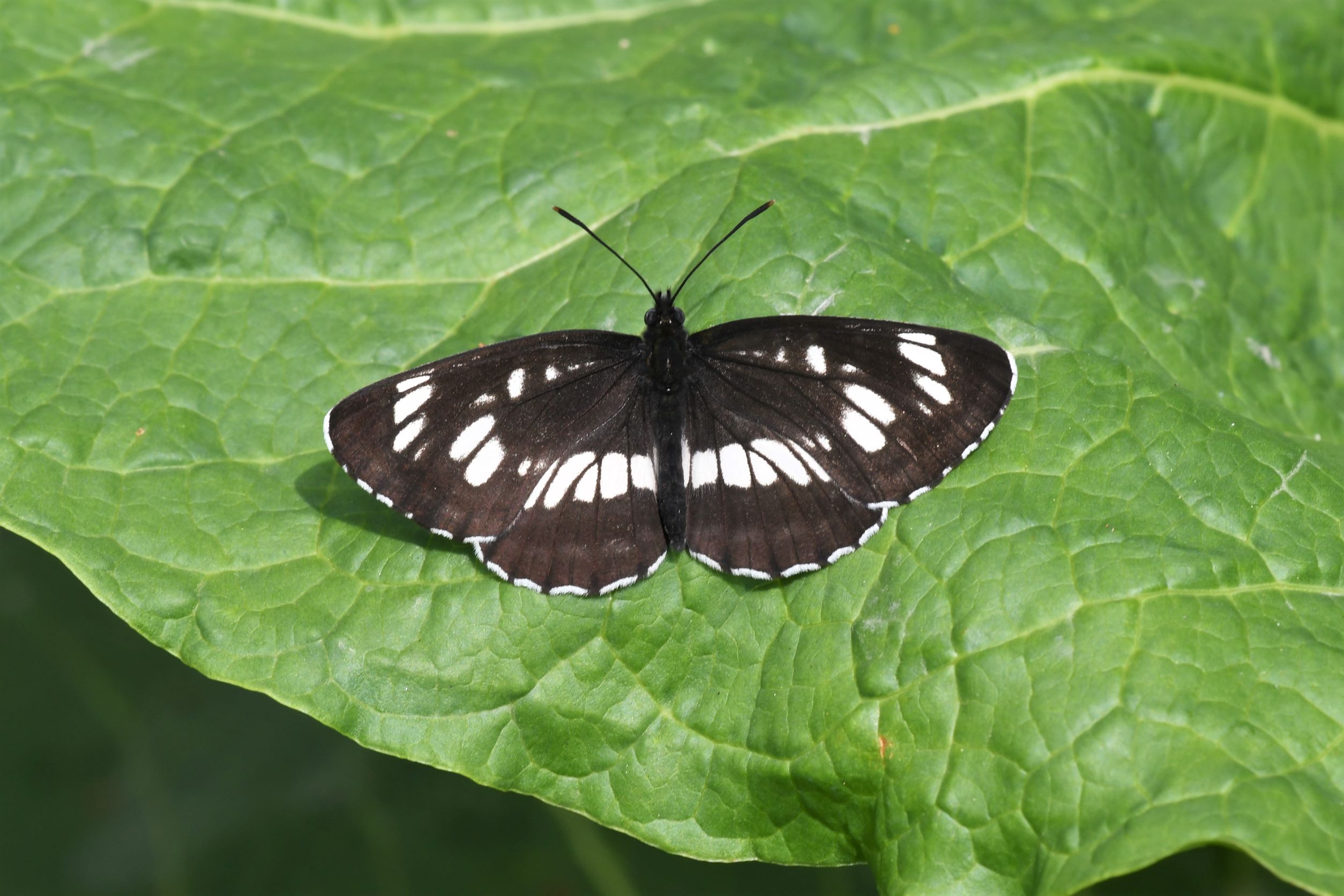
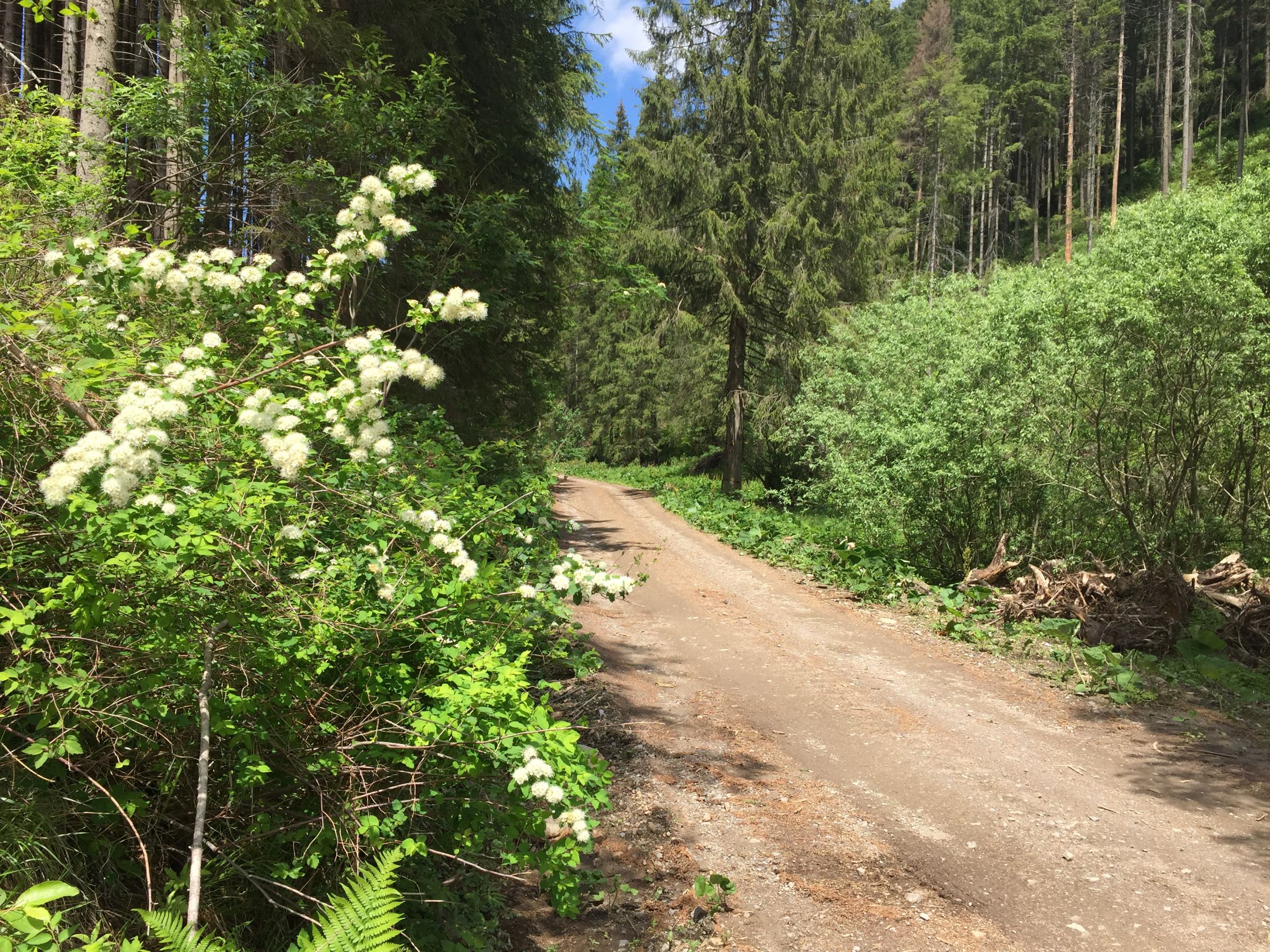 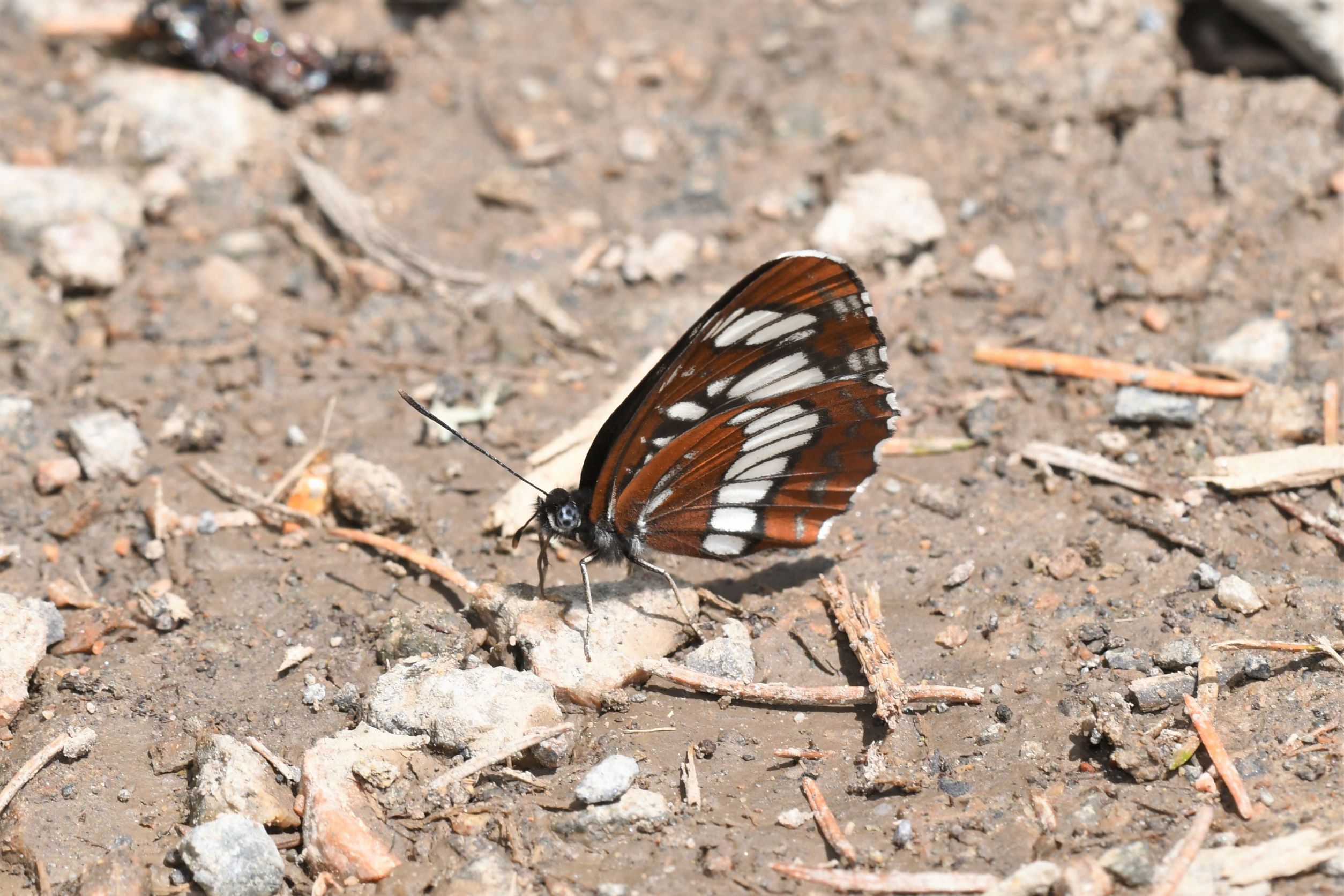
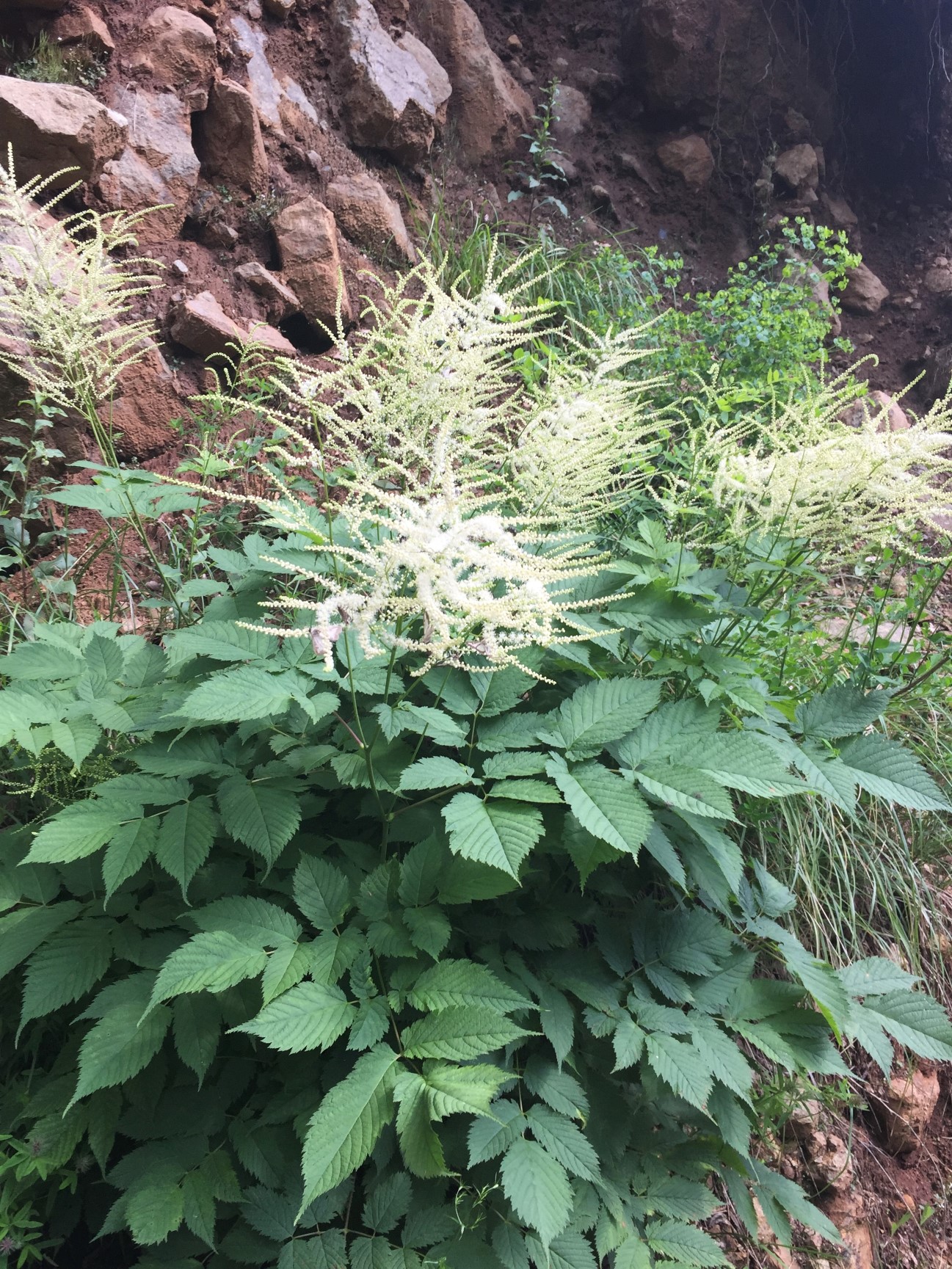 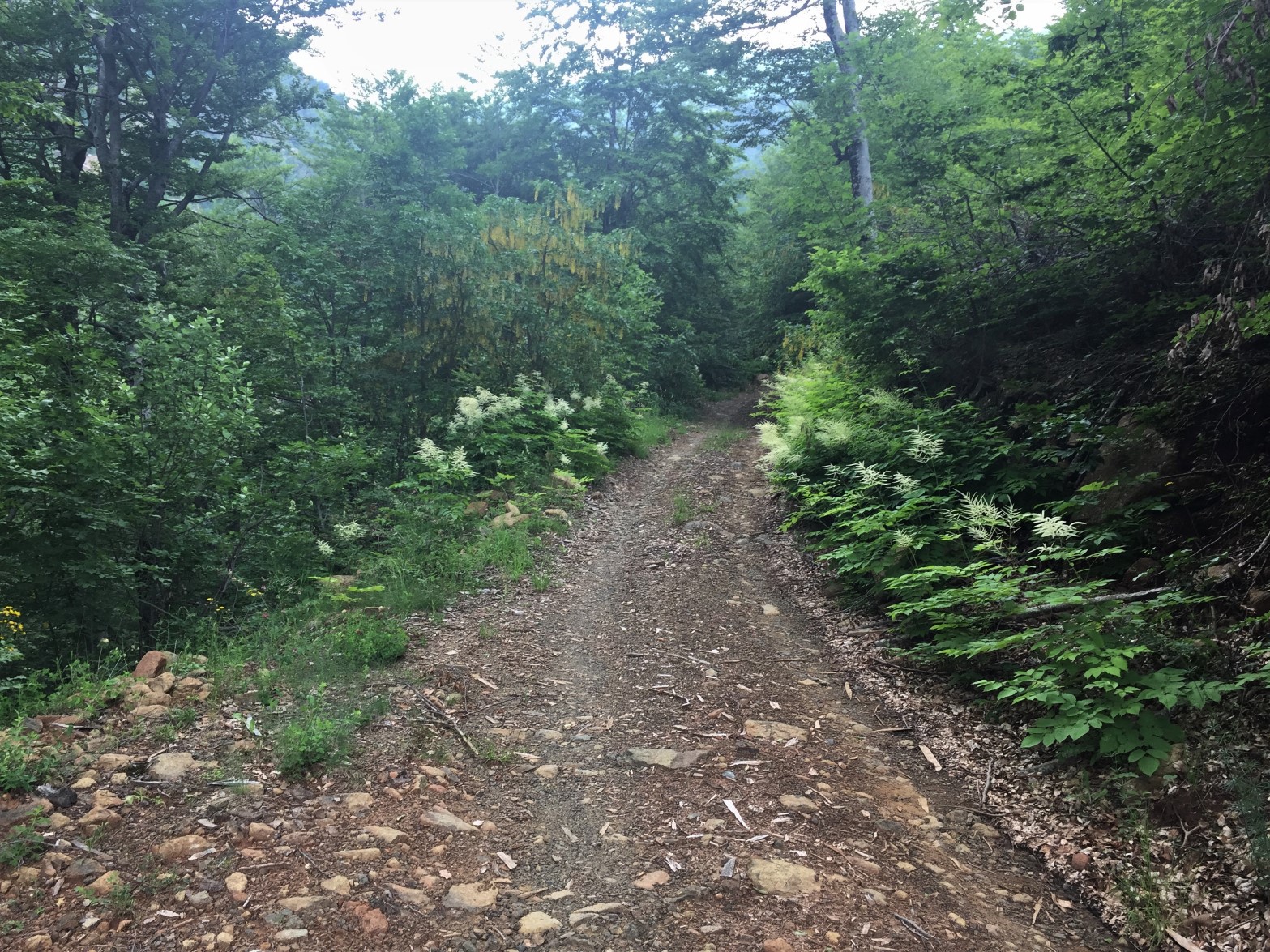
1a. Neptis rivularis, distribution map (09.i.2025).  Historical data ; Historical data ;  Additional data from the 2018 update ; Additional data from the 2018 update ;  New observations since the 2018 update. New observations since the 2018 update.
1b. Neptis rivularis ♂ upperside. Romania (© Sylvain Cuvelier)
1c. Habitat of Neptis rivularis. Romania (© Sylvain Cuvelier)
1d. Neptis rivularis ♂ underside. Romania (© Sylvain Cuvelier)
1e. Aruncus dioicus. Shebenik, Albania (© Sylvain Cuvelier)
1f. Potential habitat of Neptis rivularis. Shebenik, Albania (© Sylvain Cuvelier)
Note
The species has been documented from NMK on Mt. Galičica (Krpač et al. 2011) and it is also included in a conference paper for the nearby National Park of Mavrovo (Krpač et al. 2013).
The species has been mentioned from Albania but in every reference it seems to be a confusion with Limenitis reducta Staudinger, 1901. The specimens labeled as Neptis rivularis in the collection of the Natural Sciences Museum of Albania in Tiranë were all L. reducta and Prof. K. Misja (†) confirmed that he had never observed the species.
It is a single brooded species and flies in between the generations of Neptis sappho with a peak at the end of June and early July. N. rivularis is to be searched for in warm, damp open deciduous woodland with Aruncus sp. and Filipendula sp. in eastern Albania. Another host plant, Spiraea sp., does not occur in the wild in Albania.
N. rivularis is often found in river valleys and ravines on damp ground or perching for long periods on the foliage of trees and bushes.
Description
♂♂
Medium size butterfly. Fw: 25-27 mm.
Ups: black gc.
Upf: vestigial white stripe in cell.
Uph: single, oblique white discal band crossed by conspicuous black veins.
Uns: cinnamon-brown gc.
♀♀
Similar size and markings.
Similar species
Life cycle
Adults: single generation from June to August.
Egg: short stage.
Caterpillar: hibernating as L3 larva.
Pupa: short stage.
Habitat
Neptis rivularis inhabits warm, damp open deciduous woodland, often near running water from 500 up to 1500 m a.s.l.
Spatial requirement considerable, population density can be high.
Foodplants
Caterpillars feed on Aruncus dioicus, Filipendula ulmaria and Spiraea sp. (not occurring in the wild in Albania; cultivated Spiraea alba, Spiraea japonica and Spiraea salicifolia)
Butterflies feed on flowers along running water, mudd-pudling.
Distribution
Albania: no confirmed records (research needed) and at the southern limit of its distribution range in the Balkan peninsula.
Balkan: AL - BG - BIH - GR - HR - NMK - MNE - RKS - RO - SLO - SRB
Europe: IB - IT* - ALP* - BAL - NWE - UK - SCA - EEU
Asia Minor*, ranscaucasia, Caucasus and further east.
Conservation status
Neptis rivularis is not endangered.
Albanian Red List: NA.
IUCN Red List, category at the Mediterranean level: NA.
Useful links
Pyrgus.de
Lepiforum
Euroleps
|
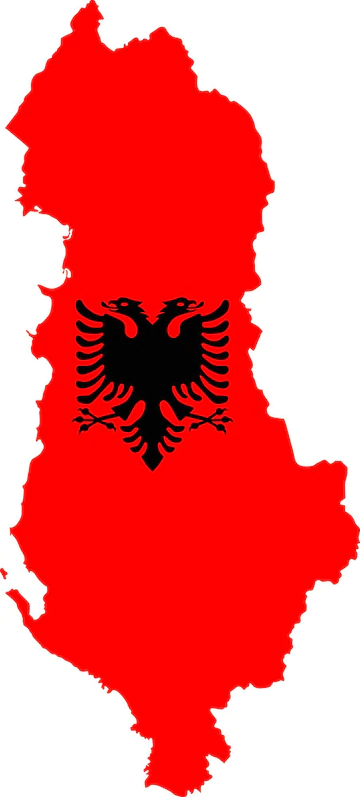 xx
xx 

 Historical data ;
Historical data ;  Additional data from the 2018 update ;
Additional data from the 2018 update ;  New observations since the 2018 update.
New observations since the 2018 update.